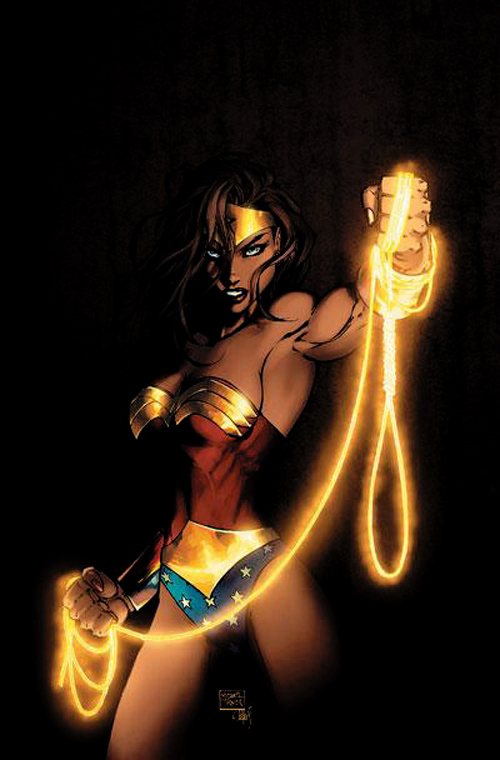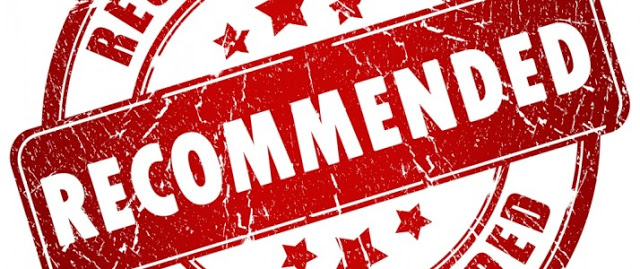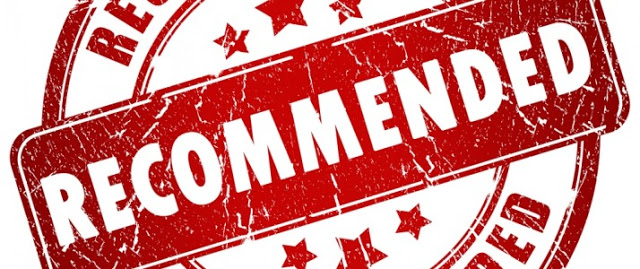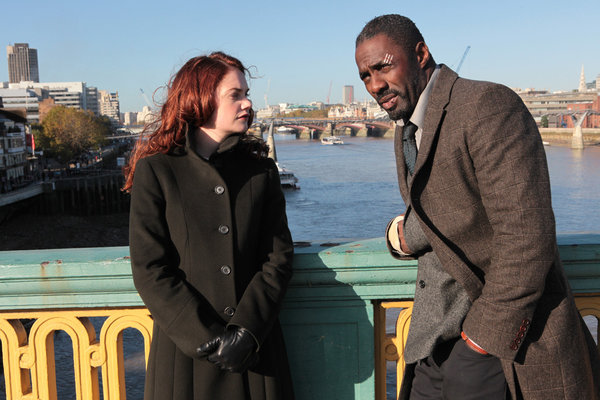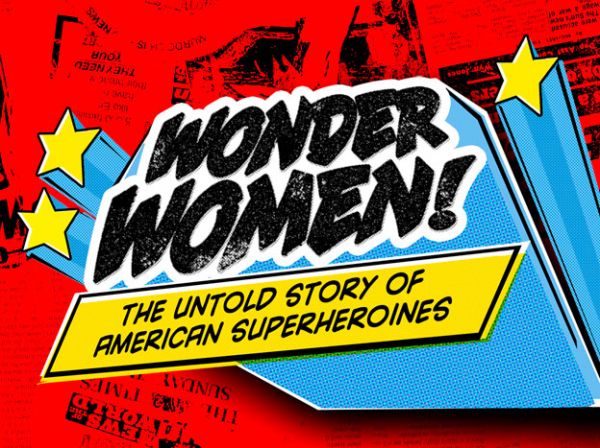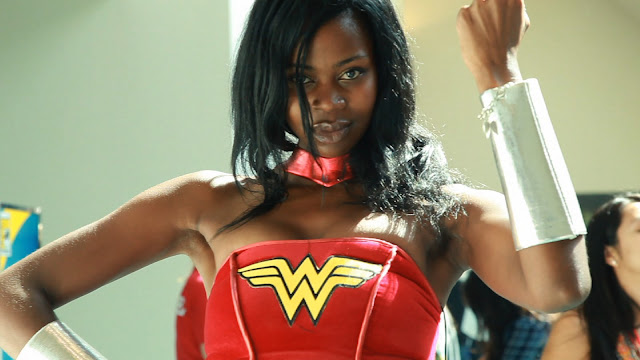 |
| Ruth Wilson as Alice Morgan and Indris Elba as John Luther in BBC’s Luther |
With all of the summer tent pole movies premiering, there’s been outcry from audiences (and critics) for the studios to make superhero movies with a woman as the lead.
Wonder Woman, understandably, tops this oft-cited list.
While wondering where else in our pop culture there are a lack of female characters—the answer, sadly, is everywhere—something struck me upon viewing the third season of BBC’s Luther.
There was something missing this season. It was harder to get invested in the characters and storylines, even though
Idris Elba as Luther is charming and troubled as ever.
The thing missing was:
Alice Morgan. In the first series premiere, Alice (Ruth Wilson) commits the perfect crime: the murder of her parents. DCI John Luther, a brilliant detective, who knows criminals’ minds as well as he knows his own, engages in a game of wits with the deliciously evil Alice. Their intriguing relationship becomes the through-line of the first series, tying Luther and Alice together, even as he solves other crimes and deals with his marriage falling apart.
Even with the glut of crime dramas now on television, several of which have female detectives as a lead (
The Bridge,
The Killing,
The Fall), none features a woman committing crimes. All of these series involve women as victims of crimes perpetuated by men.
Maybe it seems a weird question to posit, in a day and age when women are not equally represented in Hollywood, in the boardroom, or in Congress, to ask why there aren’t more female villains on our screens.
One common argument for more parts for women is women make up 51% of the population, yet in last year’s top 100 grossing films, only held 29% of the speaking parts.
Out of homicide offenders (from 1980-2008), only 10.5% were women. White females of all ages had the lowest offending rates of any racial or age group, according to the U.S. Department of Justice’s study of homicide trends.
So maybe choosing to have male villains over female is something Hollywood actually got right? You could look at it that way. But isn’t the point to have more equality when it comes to every part of the industry (acting, directing, writing, producing, etc)? If there are well-written female superheroes, there should be well-written female villains.
 |
| Glenn Close as Alex in Fatal Attraction |
Female villains are difficult to portray without easily falling into trope territory. Female “baddies” tip over easily into emotionally unstable women—often stalkers–like Alex in
Fatal Attraction (coincidentally, a role that earned Glenn Close an Academy Award nomination). Women are often thought to commit crimes motivated by emotion rather than with a purely evil intent. Interestingly, in criminological and sociological studies, gender in regard to crime has largely been ignored. Until recently, the extent of female deviance has been marginalized. According to sociology professor Frances Heidensohn, one of the first to study female criminology, one reason for this is because female crime has been dealt with by mostly men, from policework to legislators.
But back to
fictional female villains. Even as far back as fairy tales, evil women were often portrayed as obsessive. In
Grimm Brothers’ Snow White, Snow White’s step-mother, the
Evil Queen, is vindictive and obsessed with being the most beautiful in the land. According to John Hanson Saunders’ book
The Evolution of Snow White, when Walt Disney started to develop the fairy tale into an animated film, early concepts characterized her as “fat, batty, cartoon type, self-satisfied.” Walt Disney was not satisfied with this concept and spent time further developing the character. He saw her as a cross between Lady Macbeth and the Big Bad Wolf and wanted her to be stately and beautiful
For a character that is obsessed with her appearance, it is rather ironic that she would choose to temporarily relinquish her beauty when she transforms into the Evil Witch—also referred to as the Old Hag—undertaking an ugly demeanor in order to poison Snow White. In 2003, the Queen (
Queen Grimhilde) was named by the American Film Institute as one of the 50 Best
Movie Villains.
 |
| Charlize Theron as serial killer Aileen Wuornos in Monster |
The transformation of the Queen into an “Old Hag” speaks to other frequent characterizations of female villains by Hollywood. They must either be ugly, sometimes old women, or they must be beautiful sirens. In 2003’s
Monster, a film based on the life of serial killer Aileen Wuornos,
Charlize Theron was cast to play Wuornos. Much of the discussion about the film circled around the choice of Theron, a statuesque model turned actress, as the lead. Rather than discussing the merits of her acting, many simply wondered how it was possible to make such a beautiful woman ugly. Theron won an Academy Award for Best Actress for the role.
On the flip side of old crones and hags, Hollywood uses beauty and the sexualization of women to make them acceptable as villains, most often as femme fatales. The most notable example of this in Hollywood is the use of these characters in film noir, but the archetype dates back to Greek and Roman myths, as well as Biblical figures. A femme fatale is described as a mysterious or seductive woman, who uses her wiles to capture men and lead them into dangerous situations.
 |
| Example of the Femme Fatale |
Luther‘s Alice Morgan has a bit of femme fatale in her. “Kiss me, kill me, something…” she tells him in the first season. She flirts with Luther, has red hair and large lips and eyes, but her attraction and fascination with John Luther centers around his intelligence. He deals with London’s criminal minds every day, yet still believes there’s good and love in the world. This baffles Alice. A child prodigy, she enrolled in Oxford at the age of 13 and holds a Ph.D in astrophysics, studying dark matter distribution.
After the murder of her parents, Luther is questioning Alice and discovers she’s a psychopath through her lack of empathy. She doesn’t yawn when he yawns, a telling sign to Luther. However, he is unable to prove she committed the murders and moves on to other cases.
The relationship between Luther and Alice is so well-drawn and complex because it is not simply a protagonist vs. antagonist relationship. Alice is a foil for Luther and becomes a trusted friend, despite her psychopathic and narcissistic tendencies. While DCI Luther is on the right side of evil from society’s point of view, sometimes he uses questionable methods to get what he needs to solve a case.
 |
| Alice Morgan, a villain in Luther |
An increase of female villains in film and television always edges on a slippery slope, as it may lead to characters embodying common tropes and archetypes. Even if there were more female villains, it doesn’t mean they would be as carefully developed and well-written as Alice Morgan.
But just as there are those asking for superheroines, there are actors asking to play the villain. “I would like to play a villainess in some great big action movie. That would be really fun,” actress Allison Janney said during the press tour for
The Help.
Wouldn’t it be great if
Wonder Woman was up against an evil female mastermind? And if the film was directed by a woman?
Lauren C. Byrd is a former post-production minion, but prefers to spend her days analyzing television and film. She studied film and television at Syracuse University and writes a blog, Love Her, Love Her Shoes, about under-appreciated women in film, television, and theater. She is currently working on an academic essay about Kathryn Bigelow & the controversy surrounding Zero Dark Thirty.


